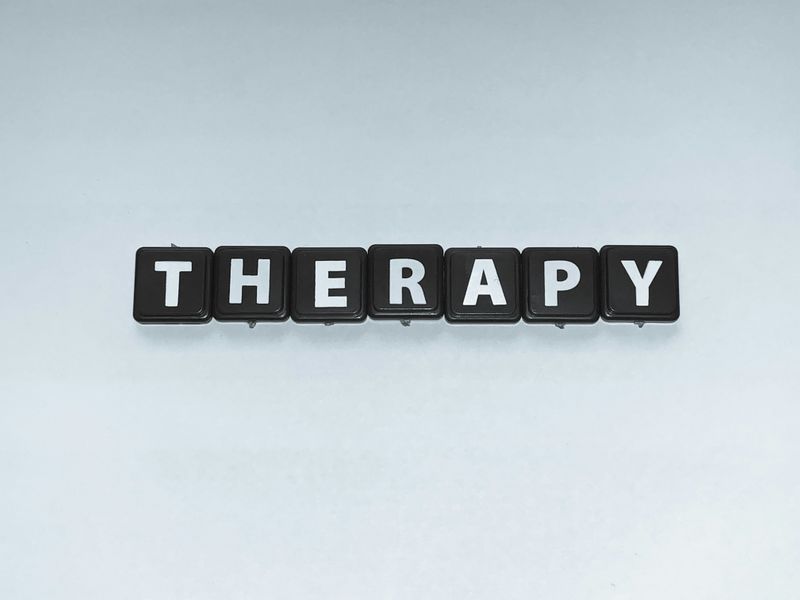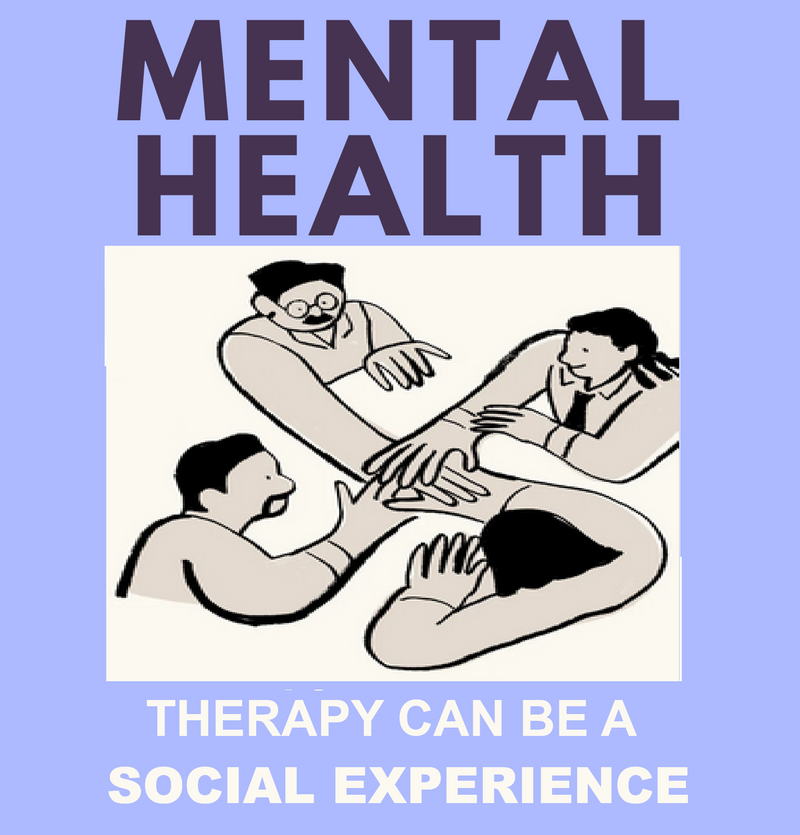Jamal is 16 and has just started staying in a special center that helps people with a type of group therapy called milieu therapy.
Jamal has had a hard time with low self-esteem. He often says he feels “worthless” or that he “messes everything up.” At school, he skips classes a lot and gets into arguments with his teachers.

When he begins milieu therapy, the staff and other group members help him understand why he argues and teach him ways to calm down and handle his feelings.
After a month, Jamal has fewer angry outbursts and feels like he can control his emotions much better.

If you or someone you know has a similar experience with self-esteem and emotional control, milieu therapy might be the right option.
What is Milieu Therapy?
Milieu therapy is a type of treatment used in hospitals and centers. It helps people by creating a safe and supportive place where they can connect with others, follow routines, and join activities.
 Photo by Marcel Strauß on Unsplash
Photo by Marcel Strauß on UnsplashThe main goals of milieu therapy are to:
Help people get better at handling their emotions and working with others.
Encourage them to take responsibility for their actions.
Support their recovery and positive behavior changes.
Build their confidence and sense of belonging.
This kind of therapy is especially helpful for people with mental health problems or addictions, like mood, personality, or behavior issues.
Who Is Milieu Therapy For?
Milieu therapy is for people who need a full-time group treatment program, not just one-on-one therapy.
 Image created by the author in Canva
Image created by the author in Canva
It can help with:
Severe mental illness
Personality disorders
Mental health as a teen or young adult
Trauma
Substance abuse
Behavioral disorders
Worsening emotions or thoughts
Social anxiety
Types of Therapy
Milieu therapy uses different methods, as people do best with a mix of structure, support, and learning.

Structured: Daily routines to help people feel calm and in control.
Supportive: Trust building and emotional support.
Community: Group therapy to practice social skills and take responsibility.
Educational: Learning life skills to feel more confident and independent.
Behavioral: Using routines and rewards to help with self-control.
Benefits and Challenges of Milieu Therapy
Milieu therapy can work really well, but it also comes with challenges.

Benefits
Focuses on creating a healthy, supportive environment for healing
Gives structure and daily routines for stability
Helps people learn social skills by interacting with others
Offers 24/7 support as part of daily life
Teaches responsibility and self-control

Challenges
Needs a lot of staff and can be expensive
Some people feel stressed in group settings
Groups can be hard to manage
Success is hard to measure
Some people may become reliant on it and find it hard to leave
Case Study
Maya was sent to a treatment center after months of self-harm. She grew up with emotional neglect and has been in and out of foster care because her parents weren't around.
At the center, she follows a daily routine with clear rules. The staff focus on making her feel safe, building trust, and helping her get support from other teens.
 Photo by Hannah Busing on Unsplash
Photo by Hannah Busing on UnsplashFor example, Maya is encouraged to wake up on time and join breakfast every day. Staff praise her for these steps and give her support when she feels anxious. She also joins weekly group meetings where other teens give positive and helpful feedback. To build her confidence, she takes small leadership roles like organizing a music group.
After 6 weeks of milieu therapy, Maya can control her emotions better and has stopped self-harming. She also made new friends, something she struggled with before.
Quiz Scenario
 Leila is 15. She often feels rejected by her peers at school. She has had to move many times between different relatives over the last few years.
Leila is 15. She often feels rejected by her peers at school. She has had to move many times between different relatives over the last few years.

She recently started milieu therapy. At the therapy center, Leila has a clear daily routine and set rules. At first, she finds this hard to get used to. But after a few weeks, she starts to feel more at ease and takes part in group activities. Her peers tell her they value her presence, even when she doesn’t say much.

Leila says she now feels calmer in group settings and is able to speak up in group situations — something she used to avoid before.
Quiz
Why is peer interaction an important part of Leila's treatment progress? Select all reasons:
Take Action

Your feedback matters to us.
This Byte helped me better understand the topic.
